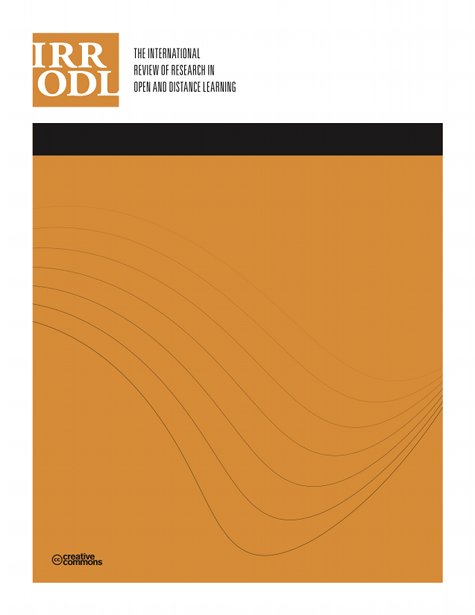
From the Classroom to the Keyboard: How Seven Teachers Created Their Online Teacher Identities
ARTICLE
Jennifer C. Richardson, Janet Alsup
IRRODL Volume 16, Number 1, ISSN 1492-3831 Publisher: Athabasca University Press
Abstract
Teacher identity is defined as a sense of teacher self that results from a productive combination of key personal and professional subjectivities or beliefs. Much empirical research has been done on the development of teacher identity in the K-12 arena, with a great deal of theoretical and philosophical scholarship about teaching at the college level, yet little research to date has looked at how instructors at the college level, especially those who are teaching online, develop their online instructor identity. The purpose of this interview-based, qualitative study is to understand the experience of first time online instructors and how they develop their online teacher identity and utilizes the framework established by Beijaard, Meijer and Verloop (2004) as the lens for analyses. Recommendations are made for cultivating online teacher identity and the many aspects of it as a means to strengthen online teacher identity to not only provide effective and innovative teaching experiences but also for the sake of retention.
Citation
Richardson, J.C. & Alsup, J. (2015). From the Classroom to the Keyboard: How Seven Teachers Created Their Online Teacher Identities. The International Review of Research in Open and Distributed Learning, 16(1), 142-167. Athabasca University Press. Retrieved August 10, 2024 from https://www.learntechlib.org/p/160903/.
 This record was imported from
ERIC on November 3, 2015. [Original Record]
This record was imported from
ERIC on November 3, 2015. [Original Record]
ERIC is sponsored by the Institute of Education Sciences (IES) of the U.S. Department of Education.
Copyright for this record is held by the content creator. For more details see ERIC's copyright policy.
